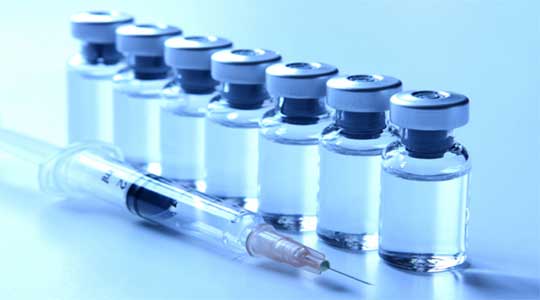
Ghana has become the first country to receive Covid-19 vaccines through the Covax vaccine-sharing initiative.
A delivery of 600,000 doses of the AstraZeneca vaccine arrived in Accra on February 24. The first recipients are due to be healthcare workers.
The Covax scheme aims to reduce the divide between rich countries and poorer nations unable to buy doses.
The program is planning to deliver about two billion vaccine doses globally by the end of the year.
Ghana, which has a population of over 30 million, was chosen as the first recipient of the free vaccines after promising quick distribution and meeting the criteria set by Covax.
Further deliveries are expected to neighboring Ivory Coast later this week, the Covax alliance says.
Vaccinations are expected to start in Ghana next week, and, as well as health workers, those over 60, people with underlying health conditions, and senior officials are due to be prioritized.
The vaccines delivered to Accra were produced by the Serum Institute of India and developed by AstraZeneca and Oxford University. The vaccine has been approved by the WHO and its roll-out in Ghana is not part of a trial.
Covid-19 Vaccine: Israel Leads the World in Vaccination Rate
The doses being sent to lower-income countries such as Ghana are funded by donations. As well as procuring and delivering the vaccines, Covax partners are supporting local authorities in areas such as training people to administer the vaccine and helping provide an adequate cold-chain storage and delivery system.
Many nations in the developed world, which began their own vaccinations months ago, have faced criticism for buying or ordering more vaccines than they need.
However, many of those countries placed orders for doses with pharmaceutical companies before knowing whether the vaccine in development would be effective. They were hedging their bets – placing multiple orders in the hope that at least some of them would work out.
The Covax scheme is led by the WHO and also involves the Global Vaccine Alliance (GAVI) and the Coalition for Epidemic Preparedness Innovations (CEPI).
In a joint statement, the WHO and the United Nations children’s fund (UNICEF) said it was a momentous occasion and “critical in bringing the pandemic to an end”.